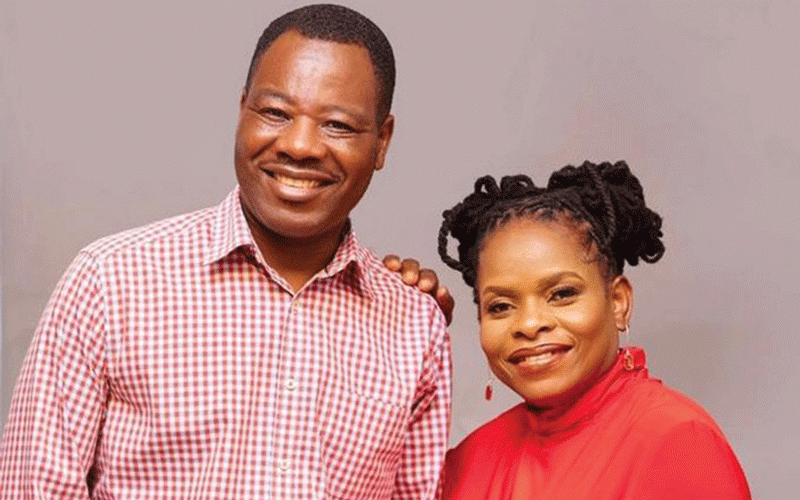
THE High Court yesterday ordered State security agents to respect human rights and the dignity of people as they enforce the 21-day national lockdown to contain the spread of the novel coronavirus.
By Desmond Chingarande
The court made the order after Karoi resident Lucia Masvondo, represented by the Zimbabwe Lawyers for Human Rights, challenged police and army’s use of brute force in enforcing the restrictions, which became effective on March 30.
Masvondo claimed that on April 6, members of the police and army, without provocation, set a dog on her while she was at her Karoi home, leaving her injured.
She added that law enforcement agents assaulted her family members.
Several videos have gone viral exposing the police and the military brutalising citizens found violating lockdown regulations.
Several residents have also been beaten up by the members of the military in areas President Emmerson Mnangagwa visited to assess compliance with the lockdown order.
But the police and army last week denied the charges, challenging the complainants to report their cases at the nearest police stations or army barracks.
- Chamisa under fire over US$120K donation
- Mavhunga puts DeMbare into Chibuku quarterfinals
- Pension funds bet on Cabora Bassa oilfields
- Councils defy govt fire tender directive
Keep Reading
High Court judges Justice Joseph Muswakwa and Justice Owen Tagu ordered that the implementation of the COVID-19 regulations should be done with full respect for human rights and fundamental freedoms of persons.
The judges said officers under the command of police, army, must stop treating people in a way that debases or degrades their dignity.
The degrading acts, the court ruled, includes “ordering any person to sing meaningless or offensive songs about coronavirus, ordering any person to jump up and down in one spot while carrying heavy items of personal property such as bicycles or with their hands locked behind their heads and ordering any person to lie prone on the ground with their hands spread out or locked at the back of their heads.”
The Zimbabwe Republic Police and Zimbabwe National Army were ordered to pay costs of the suit.
In a related development, World Health Organisation director-general Tedros Adhanom Ghebreyesus also warned African governments who have applied restrictions not to violate human rights by indiscriminately beating citizens.
Ghebreyesus said poor African countries must observe the rights of people during the lockdown.
“In countries with large poor populations, the stay home orders and other restrictions used in high income countries may not be practical. Many poor people, migrants and refugees are already living in overcrowded conditions with few resources and little access to health care,” he said.
“We call on all countries to ensure that where stay-home measures are used, they must not be at the expense of human rights. Each government must assess their situation, while protecting all their citizens and especially the most vulnerable.”
He added: “How do you survive a lockdown when you depend on your daily labour to eat? News reports from around the world describe how many people are in danger of being left without access to food and this has deprived many of their primary sources of food.”
The WHO boss said poor countries must try to ease restrictions slowly on people, but not at once.
“Control measures must be lifted slowly and with control. It cannot happen all at once. Control measures can only be lifted if the right public health measures are in place including significant capacity for contact tracing,” he said.
“Some countries and communities have now endured several weeks of social and economic restrictions. Some countries are considering when they can lift these restrictions, others are considering whether and when to reintroduce them.”
Ghebreyesus urged African countries to speed up testing and isolating contacts to reduce the spread of the deadly virus that has so far claimed over 120 000 lives and sickened around two million people globally.
“We know that in some countries, coronavirus cases are doubling every three to four days. However, while COVID-19 accelerates very fast, it decelerates much more slowly. In other words, the way down is much slower than the way up,” he said.











